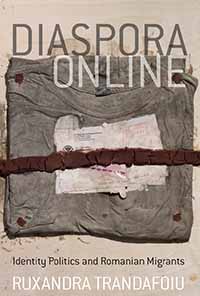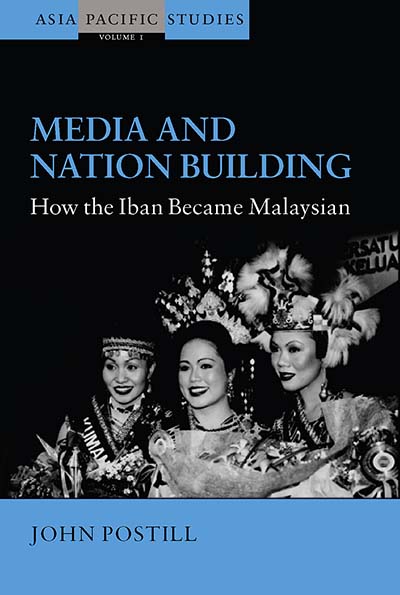-

House of Terror façade - Budapest, Hungary (photo by Amy Sodaro)
-
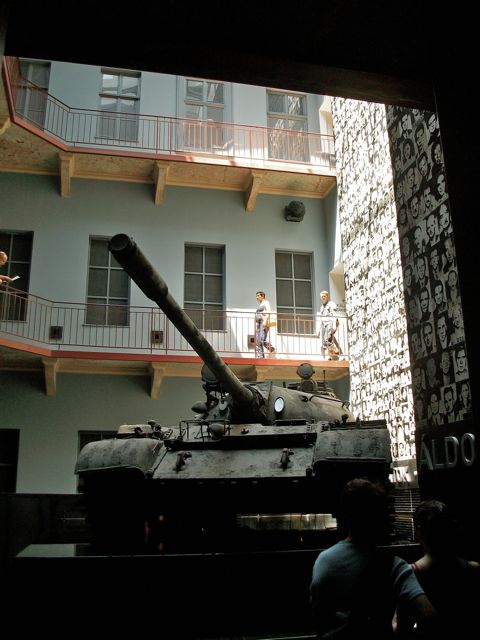
House of Terror, exhibit entrance - Budapest, Hungary (photo by Amy Sodaro)
-
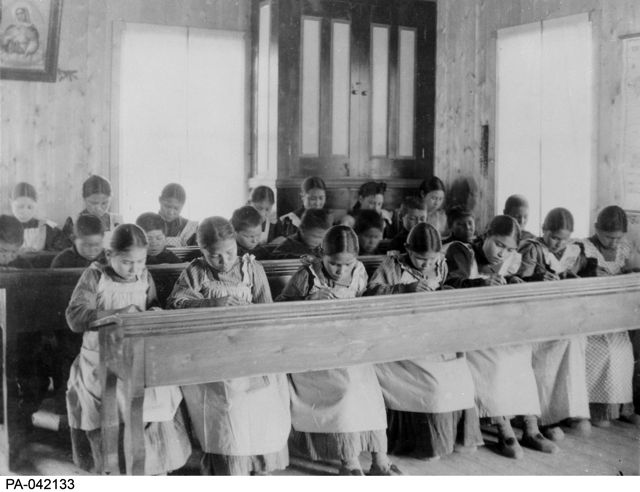
R.C. Indian Residential School Study Time [Fort] Resolution, N.W.T. - Canada (Library & Archives Canada, PA-042133)
-
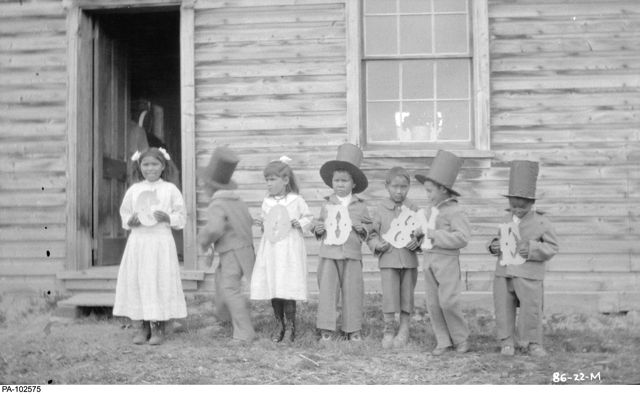
Fort Simpson Indian Residential School, 1922 - Canada (photo by J.F. Moran, Library & Archives Canada, PA-102575)
-

Monument to the Iron Curtain - Budapest, Hungary (photo by Susan C. Pearce)
-
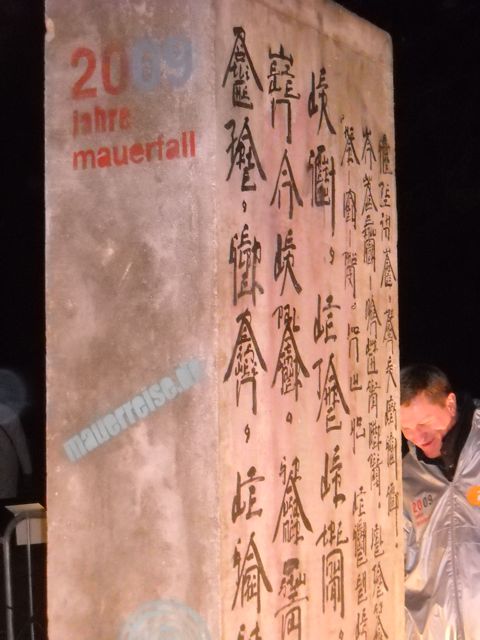
Domino from China at Berlin Commemorations in 2009 - Berlin, Germany (photo by Susan C. Pearce)
-
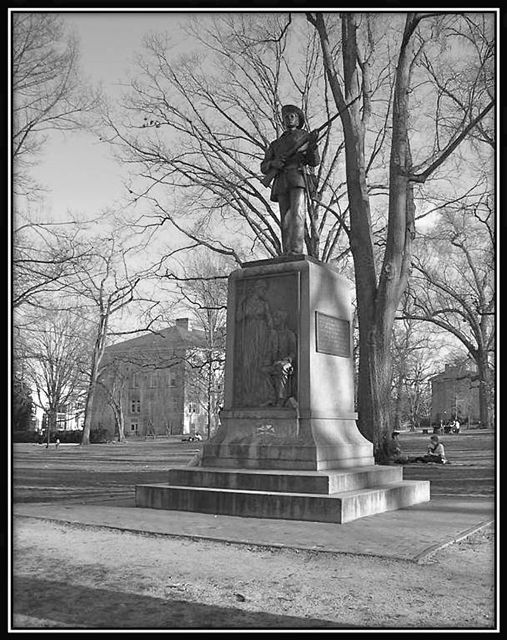
"Silent Sam" confederate soldier monument - University of North Carolina, USA (photo by Timothy J. McMillan)
-
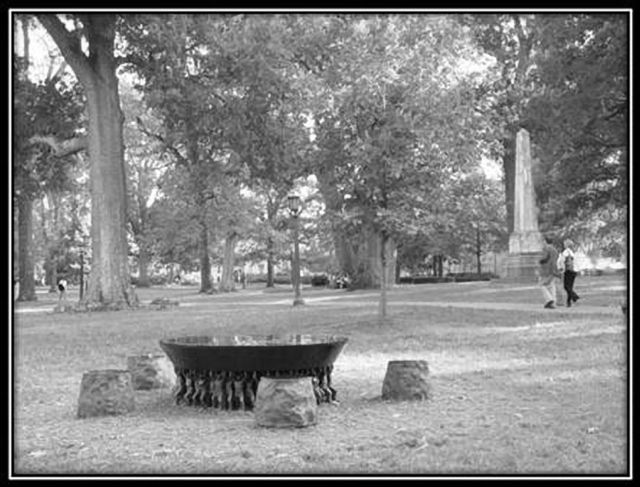
The Unsung Founders Memorial - University of North Carolina, USA (photo by Timothy J. McMillan)
-

The Unsung Founders Memorial, close-up - University of North Carolina, USA (photo by Timothy J. McMillan)
-
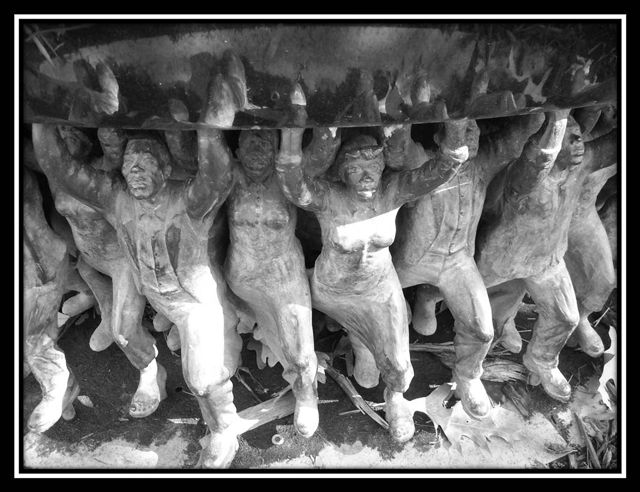
The Unsung Founders Memorial, figures - University of North Carolina, USA (photo by Timothy J. McMillan)
-
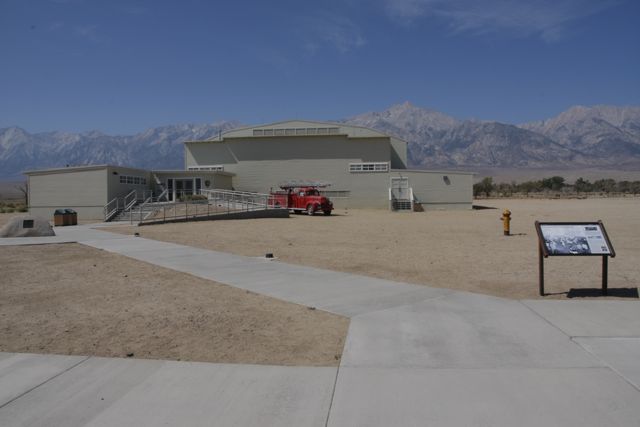
Manzanar National Historic Site, exterior view of Interpretive Center - California, USA (photo by Rachel Daniell and Maury Botton)
-
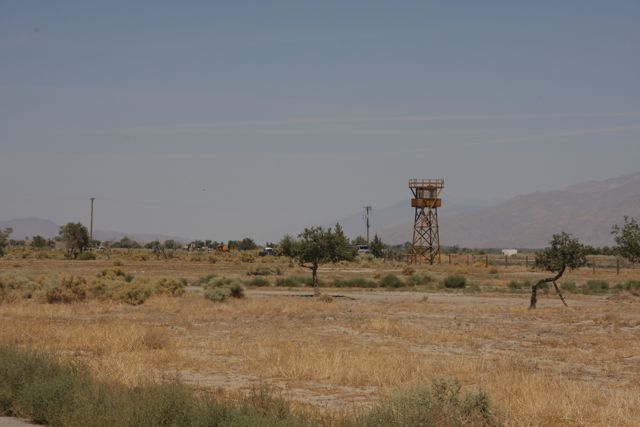
Manzanar National Historic Site, reconstruction of guard tower - California, USA (photo by Rachel Daniell and Maury Botton)
-
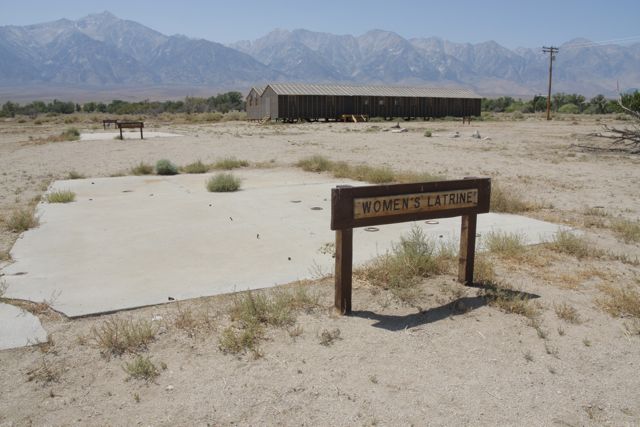
Manzanar National Historic Site, foundation remains and reconstructed mess hall - California, USA (photo by Rachel Daniell and Maury Botton)
-
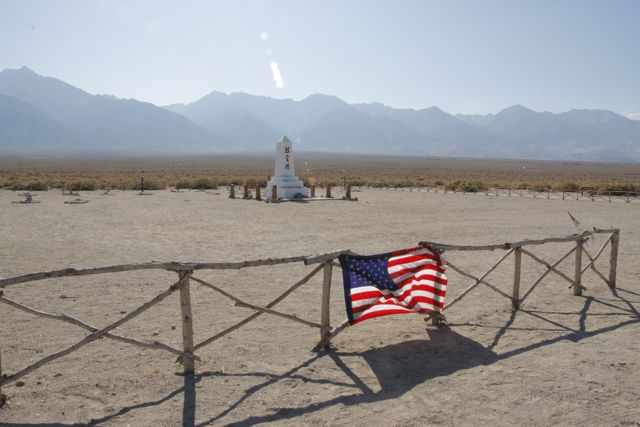
Manzanar National Historic Site, monument at graveyard site - California, USA (photo by Rachel Daniell and Maury Botton)
-
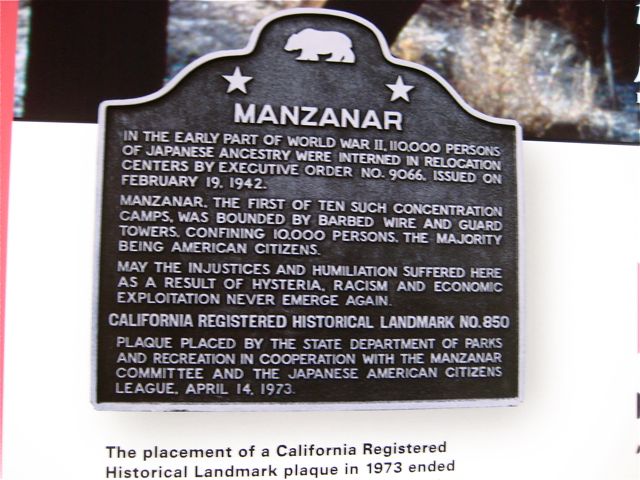
Manzanar National Historic Site, old California Historic Landmark signage - California, USA (photo by Rachel Daniell and Maury Botton)
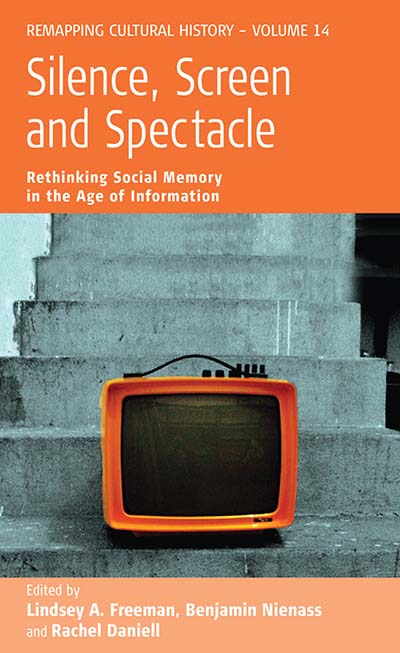
Series
Volume 14
Remapping Cultural History
See Related
History JournalsEmail Newsletters
Sign up for our email newsletters to get customized updates on new Berghahn publications.
Silence, Screen, and Spectacle
Rethinking Social Memory in the Age of Information
Edited by Lindsey A. Freeman, Benjamin Nienass, and Rachel Daniell
260 pages, 20 illus., bibliog., index
ISBN 978-1-78238-280-5 $135.00/£104.00 / Hb / Published (February 2014)
ISBN 978-1-78533-355-2 $34.95/£27.95 / Pb / Published (February 2017)
eISBN 978-1-78238-281-2 eBook
Reviews
“This is an extremely interesting collection of essays on a wide variety of memory practices from across the globe.” · Jo Labanyi, New York University
Description
In an age of information and new media the relationships between remembering and forgetting have changed. This volume addresses the tension between loud and often spectacular histories and those forgotten pasts we strain to hear. Employing social and cultural analysis, the essays within examine mnemonic technologies both new and old, and cover subjects as diverse as U.S. internment camps for Japanese Americans in WWII, the Canadian Indian Residential School system, Israeli memorial videos, and the desaparecidos in Argentina. Through these cases, the contributors argue for a re-interpretation of Guy Debord’s notion of the spectacle as a conceptual apparatus through which to examine the contemporary landscape of social memory, arguing that the concept of spectacle might be developed in an age seen as dissatisfied with the present, nervous about the future, and obsessed with the past. Perhaps now “spectacle” can be thought of not as a tool of distraction employed solely by hegemonic powers, but instead as a device used to answer Walter Benjamin’s plea to “explode the continuum of history” and bring our attention to now-time.
Lindsey A. Freeman is an Assistant Professor in Sociology and Anthropology at Simon Fraser University. She is the author of Longing for the Bomb: Oak Ridge and Atomic Nostalgia and a co-editor of The Bohemian South: Creating Countercultures from Poe to Punk.
Benjamin Nienass is an Assistant Professor of Political Science at California State University San Marcos. His research is concerned with the politics of memory in postnational contexts, particularly in the European Union.
Rachel Daniell is a doctoral candidate in Anthropology at The Graduate Center, CUNY and works with the Equipo Argentino de Antropología Forense (EAAF). Her research examines everyday social practices around data and documents that contribute to the visibility of human rights violations.


